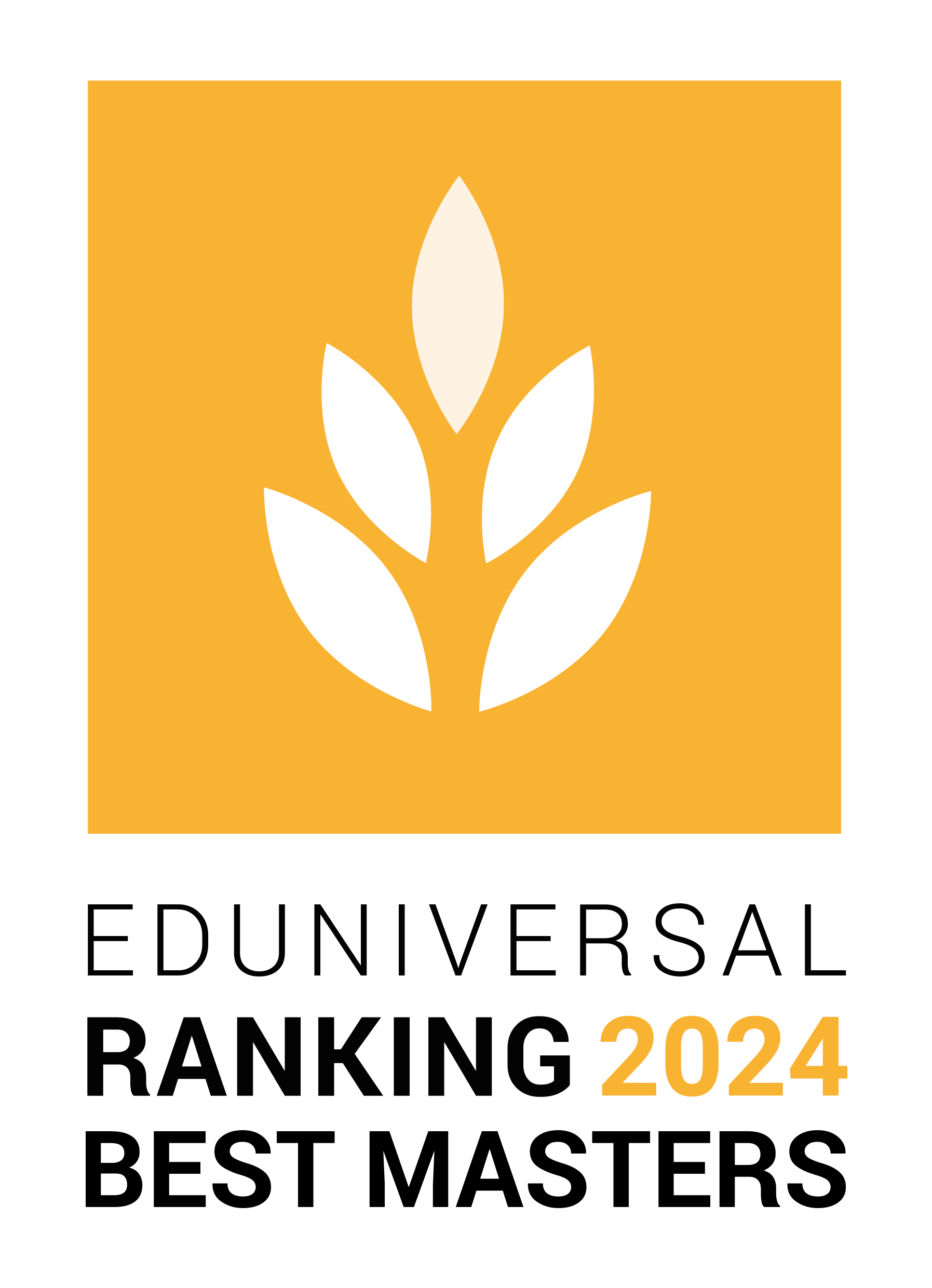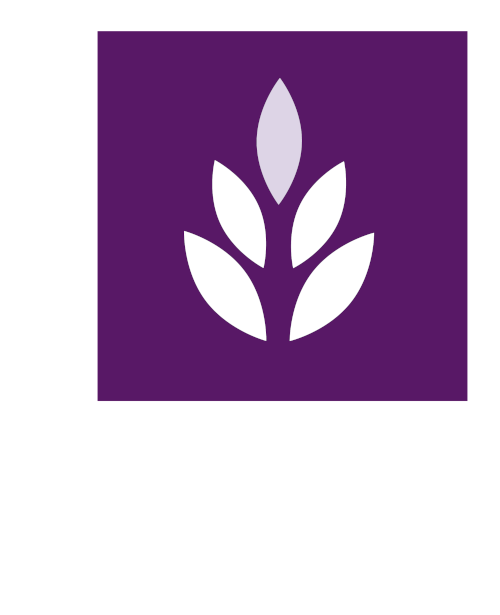- Home
- About
- Business Schools Ranking
- Selected schools
- study abroad
- Awards
- Contact

Study in Senegal
Senegal Statistics
Geography-Population
- Capital: Dakar
- Area: 196,722 sq km
- Climate: tropical; hot, humid; rainy season (May to November) has strong southeast winds; dry season (December to April) dominated by hot, dry, harmattan wind
- Population: 12,643,799 (July 2011 est.)
- Languages: French (official), Wolof, Pulaar, Jola, Mandinka
Government-Economy
Government-Economy
Government type: republic
Independence Day: 4 April 1960 (from France); note - complete independence achieved upon dissolution of federation with Mali on 20 August 1960
Currency: CFA Francs (XOF)
GDP: $23.86 billion (2010 est.)
GDP - per capita (PPP): $1,900 (2010 est.)
Information for Foreign Students in Senegal
Obtaining a Visa
All visitors must either hold a return or onward ticket, or pay a deposit to the airline approximately equal to the fare of a ticket from Senegal to their country of origin (refundable on request to the local Treasury before leaving Senegal) and all documents for next destination. Passports must be valid for at least three months on entry. Nationals of the US and UK, Canadians, Australians, Irish people and South Africans need a valid passport but no visa; except when their stay exceeds 3 months. However, it is recommended to check the visa requirements on Senegalese embassy website.
Housing
Link for homes and villas:
Health
Stomach troubles are the most common complaint with visitors to Senegal, so travelers should watch what they eat and drink; do not drink untreated tap water. Protection against mosquito bites is essential as malaria, dengue fever and chikungunya fever occur; malaria is prevalent throughout the country and prophylaxis is recommended for all travelers. A yellow fever vaccination is a requirement for entry to Senegal if coming from an infected area, but all travelers should be vaccinated against yellow fever as a precaution; other recommended vaccinations include Hepatitis A, polio, tetanus and typhoid. Outbreaks of meningococcal infections occur and vaccination is recommended for travel during the dry season (November to May). Outbreaks of cholera also occur. There is a risk of bilharzia, and visitors should avoid contact with stagnant, fresh water. Medical facilities are good in Dakar, but are limited in the rest of the country, and travelers should ensure they have comprehensive health insurance.
Transportation
Bus: There are many buses (known locally as grand cars) available for short distances as well as minibuses (known locally as petit cars or car rapide), which are cheaper if less efficient. Long-distance services operate subject to demand only.
Taxi: Available in most towns; fares are metered. Rates increase after midnight. It is cheaper to hail a taxi in the street than arrange to be collected from the hotel. Bush taxis are good for journeys into the interior.
Car rentals are relatively expensive. Mini-bus and coastal ferry are also common modes of transportation, and Dakar is the main port of entry.
Official Selection of the Best Business Schools in Senegal
|
4 Palmes Of Excellence TOP Business School |
Rank Position in
Palmes’ League |
Deans’ Recommendation
rate 2024 |
|---|---|---|
| 1 | 189 ‰ |
|
2 Palmes Of Excellence GOOD Business School |
Rank Position in
Palmes’ League |
Deans’ Recommendation
rate 2024 |
|---|---|---|
| 1 | 74 ‰ |
|
1 Palme Of Excellence LOCAL Reference |
Rank Position in
Palmes’ League |
Deans’ Recommendation
rate 2024 |
|---|---|---|
| 1 | 147 ‰ |

Official Selection of the Best Business Schools in Senegal
Learn the ranking results of the best masters in Senegal here:
